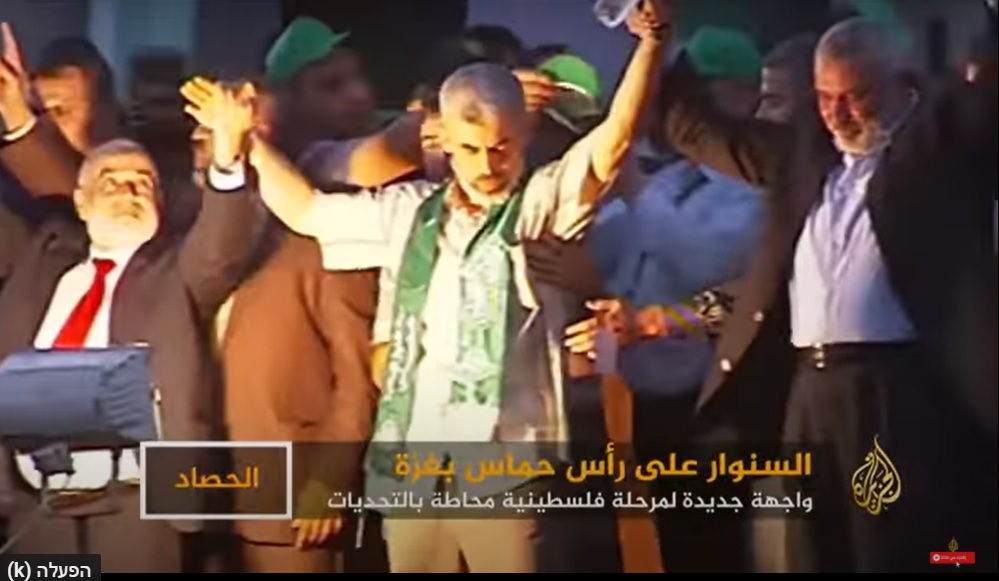Meanwhile, negotiations for the release of Israeli hostages have also stalled.
Despite ongoing efforts by Egyptian mediators, there is little progress.
However, even if a deal is not reached before Ramadan, it is crucial to maintain diplomatic efforts.
In Israel, there is a belief that Sinwar is unwilling to reach a deal at this time, calculating that he stands to gain more by delaying.
He is keenly aware of international pressure on Israel to ease tensions and increase humanitarian aid to Gaza.
Sinwar’s strategy appears to involve exploiting the religious significance of Ramadan to escalate tensions, particularly around the Temple Mount.
His rhetoric, echoing sentiments of jihad and martyrdom, indicates a readiness for confrontation.
Contrary to initial assumptions, Sinwar views Ramadan not as a time for ceasefire but as an opportunity for jihad.
He draws parallels between himself and historical Muslim leaders, framing his actions within a narrative of resistance against perceived oppressors.
In Hamas ideology, Ramadan symbolizes a time of historic Muslim victories over non-Muslim adversaries, adding significance to acts of resistance against Israel.
Despite efforts to mediate the hostage negotiations, talks in Cairo have hit a deadlock.
Hamas is reluctant to provide Israel with a list of hostages or discuss the release of security prisoners without guarantees.
Sinwar’s reluctance to cooperate suggests a desire to leverage the hostages as bargaining chips in future negotiations.
His demands for Israeli concessions, such as a complete withdrawal of IDF forces from Gaza, are indicative of his intentions to shape the terms of any agreement.
The stalemate in negotiations increases the risk of security escalations in East Jerusalem and the Judea and Samaria.
Sinwar may view the presence of IDF forces in Gaza during Ramadan as an opportunity to provoke confrontations.
Israel must remain vigilant and consider decisive action to prevent further escalation.
This may involve tightening security measures in Gaza and reassessing its approach to negotiations with Hamas.
In conclusion, Sinwar’s actions during Ramadan underscore the complex dynamics at play in the Israeli-Palestinian conflict.
Israel must navigate these challenges with caution, recognizing the potential for escalation while remaining steadfast in its commitment to security and stability in the region.



